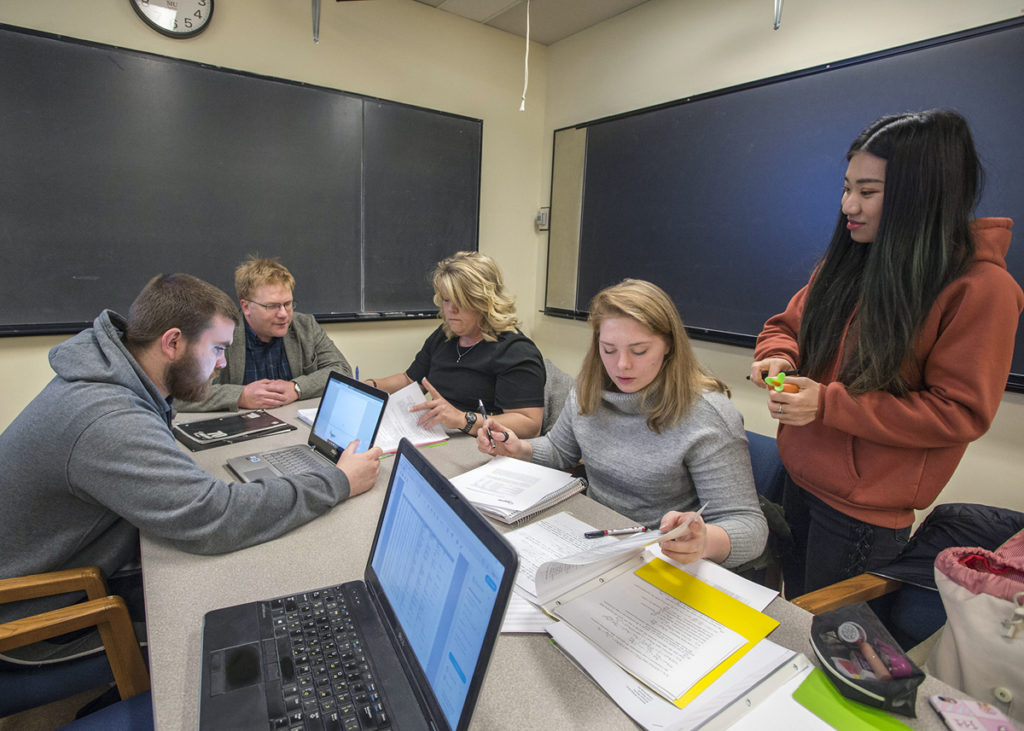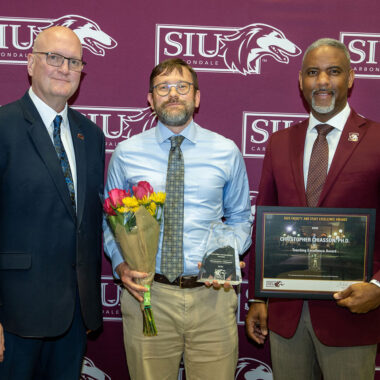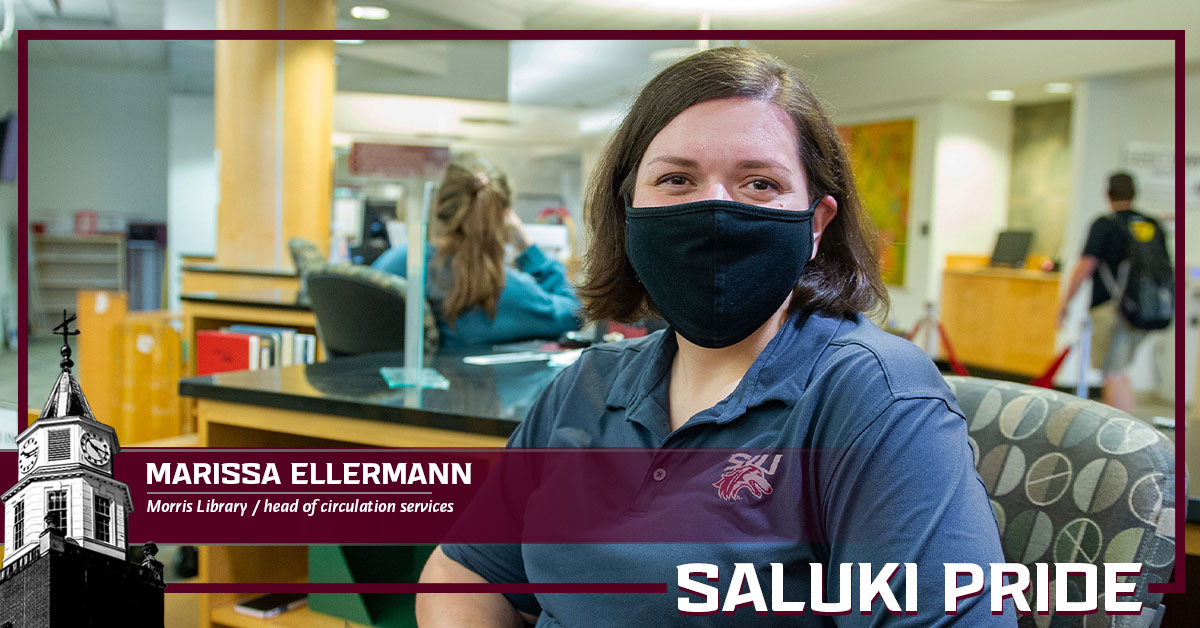
The growth of bigger, faster, better-networked computers has led to many miracles of the modern world – as well as one big problem: there is so much data that it’s becoming harder and harder to analyze and use.
Students at Southern Illinois University Carbondale can prepare themselves for a career in solving these issues as the university’s Department of Mathematics begins offering a new specialization in data science for undergraduate mathematics majors. Students can now begin taking classes that will count toward the specialization, which can be awarded starting summer 2021.
Wide-reaching impact
The data science specialization will prepare students for careers as data analysts, data scientists, data mining analysts, business intelligence analysts, data engineers, statisticians, and quantitative analysts, all of which are top-rated jobs One organization routinely identifies these types of jobs among the best available, including rating “data scientist” as No. 1, and “statistician” as No. 2 in its 2019 report.
“Many graduates of our undergraduate math major are already working in this area, with jobs at Ameren, LockerDome, GEICO, Elsevier, Allstate, Epic, and others,” said Wesley Calvert, associate professor of mathematics and director of undergraduate studies for the department.
SIU is a leader in effort
Calvert has been involved in teaching students about the power of data in today’s world for several years. Students in his Industrial Mathematics class, for example, work on generating data-driven predictions of reliability for real-world companies such as Ameren, which supplies power to thousands of homes and businesses in the area. The goal of one recent class was using data to increase the company’s advance knowledge of how reliable its system will remain during a period of several months.
Getting arms around the problem
Such large amounts of data can give business leaders and scientists a better view of the actual big picture. The problem is there is more data available than ever before, and its easy to choke on it, rather than use it.
A 2018 National Academy of Sciences study, for instance, found that industry is constrained by today’s relatively small supply of well-trained data science professionals, and the demand for data scientists is increasing rapidly. Some projections forecast the need for about 2.7 million new data science positions by this year.
A 2017 study by IBM painted even a more stark picture, saying the supply of such data professionals is “lagging dangerously behind demand.”
“This could bring the productivity gains from Big Data to a grinding halt. Employers are already struggling to fill DSA jobs, as evidenced by the length of time unfilled roles remain open. On average, DSA jobs remain open for 45 days — five days longer than the market average. Some more senior or sophisticated roles, such as Directors of Analytics and Data Scientist, take far longer to fill,” the study noted.
Real-world applications
In addition to core mathematics courses, students who enroll in the specialization will take additional courses in statistics and computing, as well as courses in areas where they can apply their knowledge, Calvert said. They will also complete a one-semester clinical course, applying all their technical knowledge to solve a problem that meets the needs of a business or community partner.
The department provides many opportunities for all its students to think about ways to apply their growing mathematics numbers to real-world challenges, Calvert said. In addition to formal classes, students are invited, from the very beginning of their studies, to work in the Saluki Analytics Lab, an undergraduate research group that solves real analytics problems for businesses and community organizations each semester.






